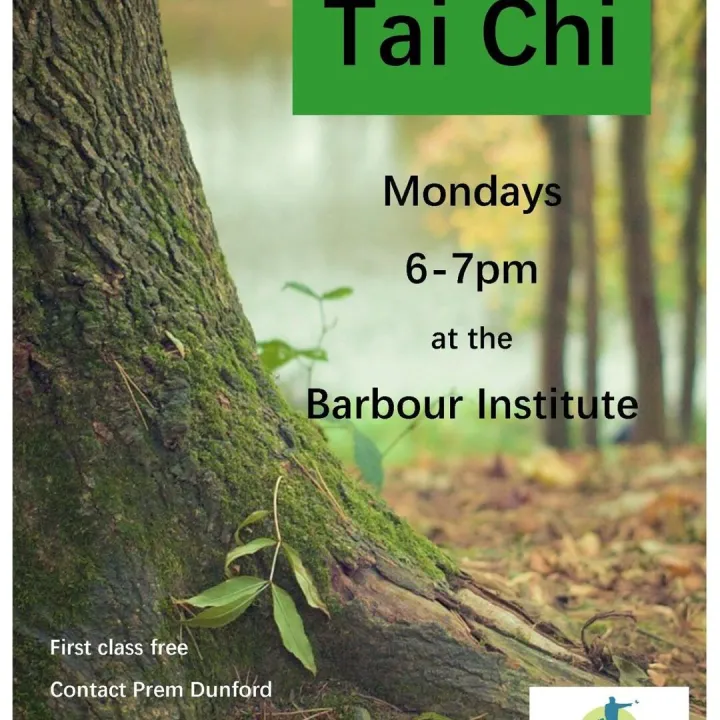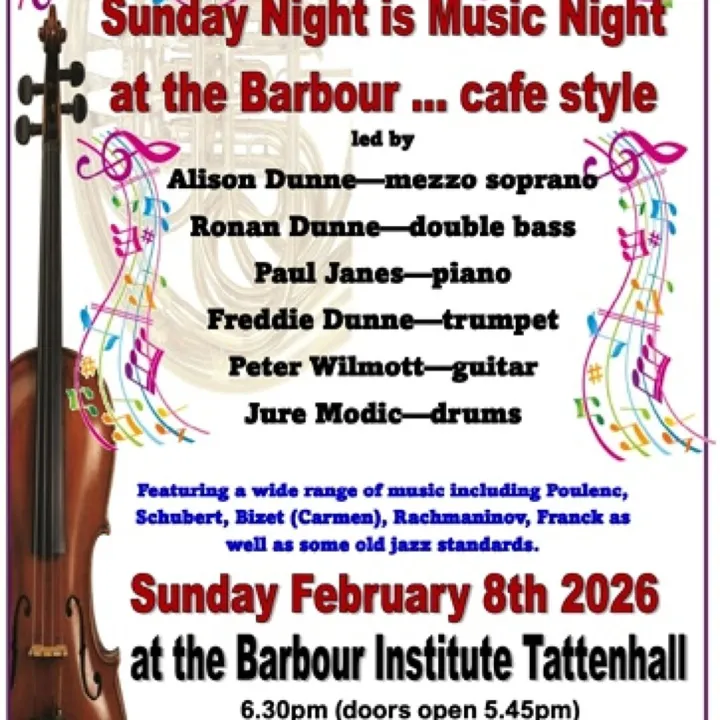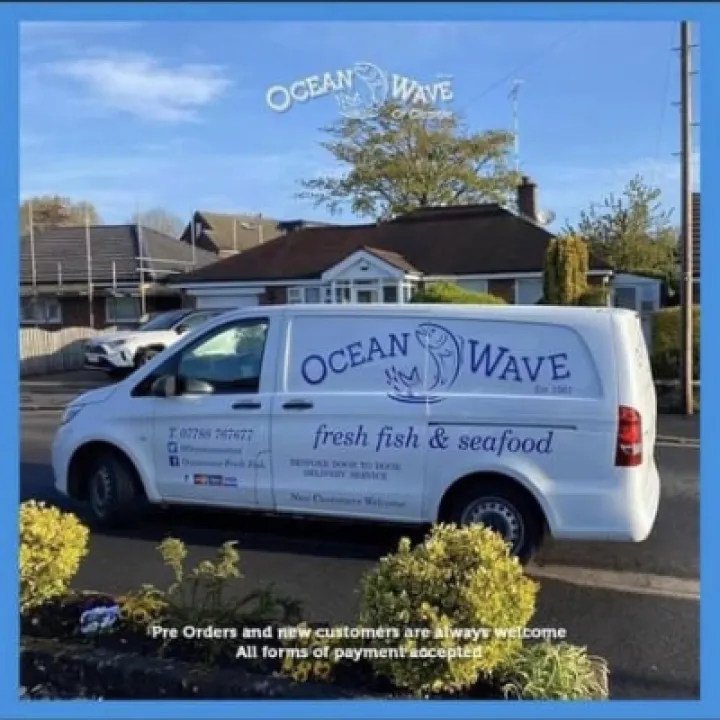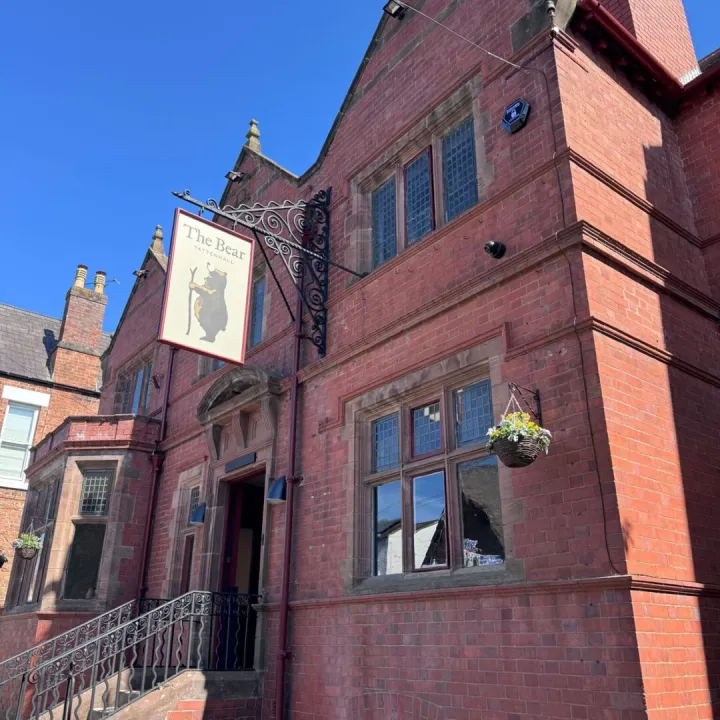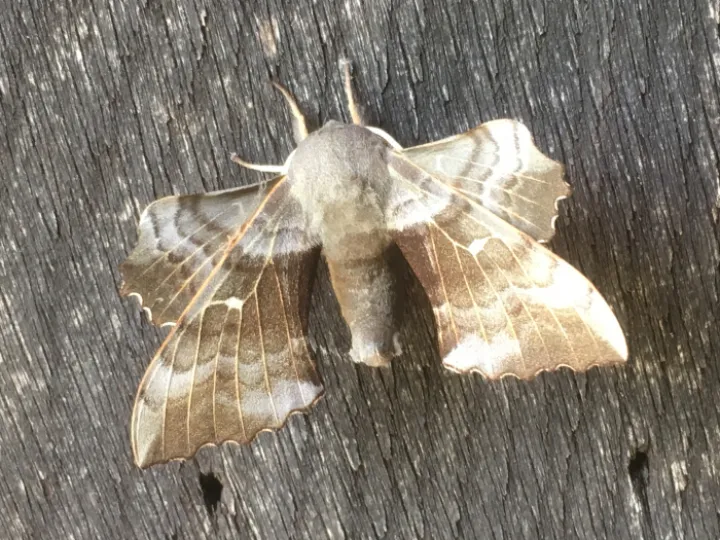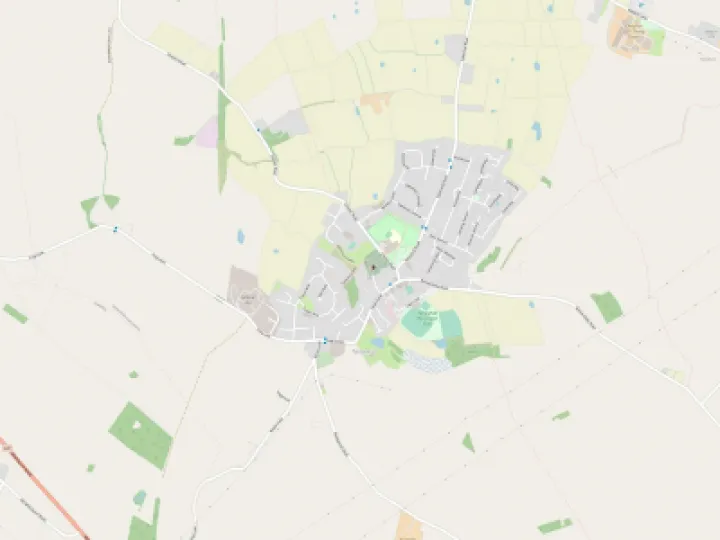Biodiversity in your Garden
28th June 2020 @ 6:06am – by Jen Benefield
I watched a webinar this week from Great Dixter, a lovely garden in East Sussex, on biodiversity in gardens. It seems that our gardens are the most important place to provide food and homes to all sorts of wildlife- more so than ancient unimproved grassland and woodland. There are 450,000 hectares of garden and 250,000 hectares of roadside verge in the UK, which are a huge resource for wildlife conservation. It may not be lions and elephants, but your garden could be a nature reserve for a lot of UK wildlife, with just a few steps.
- By not using pesticides, or herbicides, the predators along with the pests survive. I noticed my roses, had a huge number of greenfly, but now the infestation has gone and ladybirds , their predators, are all over the garden, presumably chomping away at them! If I had sprayed I would have killed the ladybirds food and they would not have thrived, and the greenfly would have survived in places I couldn't reach, so I would be spraying all summer long. Nature does seem to maintain a balance if you can hold your nerve and put up with the wait for the predators to do their job. By providing for insects, which are an essential part of the food chain, for birds, and mammals, the whole web of nature has a better chance of surviving. ( The one thing I struggle with is snails and slugs! I am sure they are a good thing in the garden, but when they devour whole plantsI cannot think kindly towards them!)
- Ensuring the your garden has things in flower over a long period of time, means that there is more food around for longer periods. so think snowdrops, hellebores, in late winter, crocuses and the simple forget-me-not are an important food source early in the year. Extend the season at the end of summer with annuals which will flower until the frosts.
- Having a wide variety of plants and flowers is also important, and ensuring that flowers are not all double as they do not provide food for insects. Plants do not need to be UK native plants ,most plants will provide food for insects.
Photograph: Poplar Hawk Moth, photo taken last year.
Get In Touch
Tattenhall Online is powered by our active community.
Please send us your news and views using the button below:

